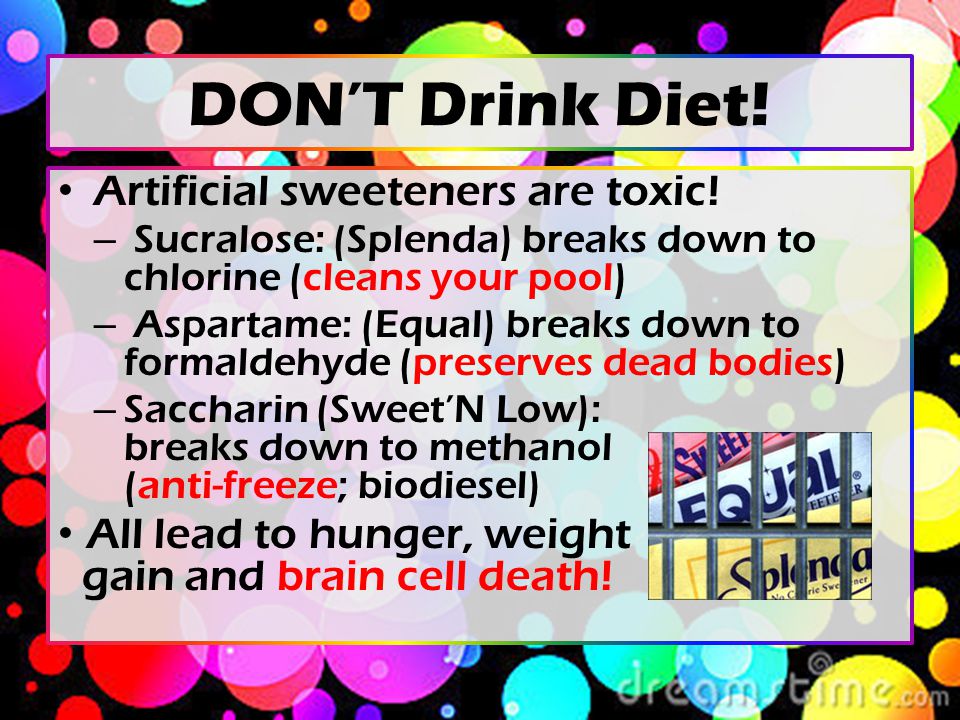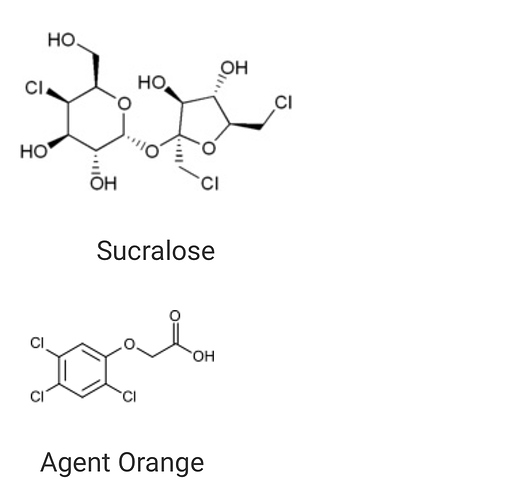I am sorry. I’m sure you understand that it’s hard to not talk from one’s own personal experience. So if you want to talk about chronic pain keep in mind that I’ve had fibromyalgia for 32 years. I know about chronic pain!!!
11 years ago when I was at my worst it hurt me to walk across the living room .
At that point in my life I did a complete Health flip. Started eating a super clean basically Paleo diet. The only exception was splenda for my sweetener… But I always felt like that was much better than the tons of pure sugar I used to eat.
Within one year my chronic pain had been reduced by 90 to 95% !
… In spite of all the artificial sweeteners i ate.
Then my back injury 
Lost all of my muscle and over the last four years had started to put on some more fat  And some of my chronic pain had started to creep back.
And some of my chronic pain had started to creep back.
So I started the whole keto lifestyle about 5 weeks ago. I’ve lost about 20 lb and I’m feeling fantastic  really feel like I’m quickly getting back to that 90 to 95% reduced fibromyalgia symptoms.
really feel like I’m quickly getting back to that 90 to 95% reduced fibromyalgia symptoms.
In any case if you feel like artificial sweeteners are causing you problems then by all means, you should do whatever you have to to cut them out and then see for yourself if you notice any improvements.
I do believe though that a lot of people get caught up in all the hype about artificial sweeteners being terrible… Because it seems like they would be, but honestly I think artificial sweeteners in particular Splenda typically don’t cause any problems whatsoever.
Might I get cancer or some sort of hideous disease down the road ? Honestly for myself I think it’s more likely than not…
But not because of artificial sweeteners, rather because 30 years ago right around the time I developed fibromyalgia, I had been working in a stuff similar to agent Orange ! 
Very surprised I haven’t ended up with cancer already… But thanks to keto I feel great today 



